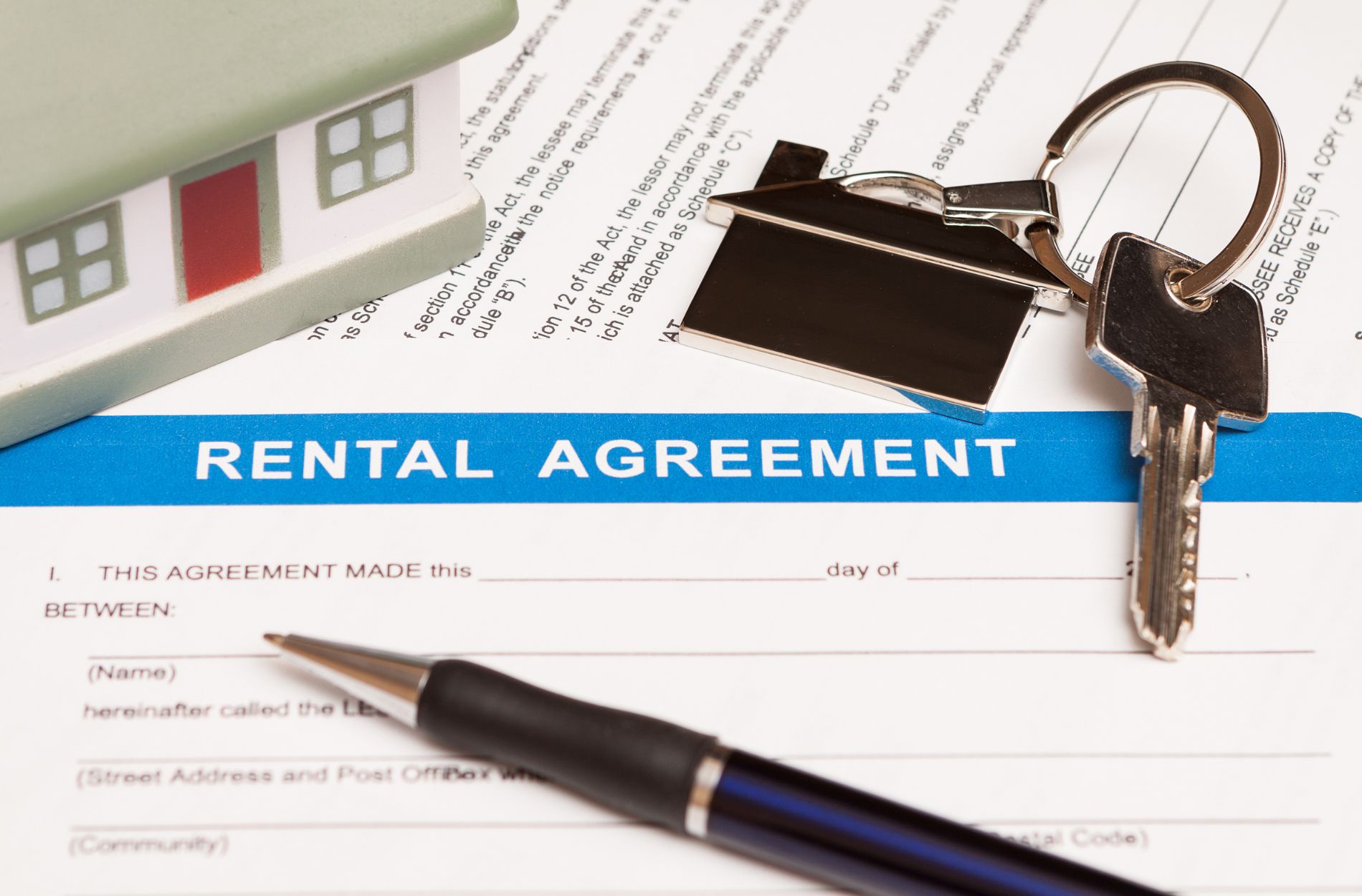Signing a rental agreement is a big step, especially for students eager to find a room to let in Colchester. As exciting as it may be to settle into a new place, it’s important to know exactly what you’re signing up for. Rental agreements can sometimes be tricky, and missing a detail might lead to unwanted surprises down the road. By taking the time to go through all the important aspects of the agreement, you can ensure smooth sailing during your stay.
Colchester, known for its rich history and vibrant student life, attracts many looking for a convenient and accommodating living situation. Finding the right place can make your time in this historic town even more enjoyable. As much as location and amenities matter, understanding the terms of your rental agreement is equally crucial. This guide aims to help you spot key points in your agreement, so you’re well-prepared before putting your pen to paper.
Understand the Terms of the Lease
Before signing any rental agreement, it’s essential to understand the terms laid out in the lease. Knowing the length of your lease is a great starting point. Whether it’s a short-term stay or a year-long commitment, you need to be clear on how long you’re planning to stay. Alongside this, check if there are any options for renewal. Some agreements allow you to extend your stay under the same terms, while others may require renegotiation.
Notice periods are another key consideration. These outline how much notice you need to give your landlord if you decide to move out before your lease expires. Typically, this could range from a month to several months, allowing both parties to plan accordingly. This aspect can be crucial if you’re planning on study abroad or other obligations that might require you to change your living plans.
Within the lease, pay special attention to clauses related to breaking the lease or subletting. Circumstances may change, and knowing the financial or legal consequences of altering your agreement can save you from unpleasant surprises. Some leases allow subletting, where you can rent out your room to someone else, but often this requires the landlord’s consent. Others may have penalties if you decide to break the lease early. Understanding these terms helps to ensure that you’re not caught off-guard by unforeseen situations.
Assess the Condition of the Property
It’s wise to give the property a thorough inspection before signing anything. Look through every corner for any damage or maintenance issues, as these might come back to haunt you. Keep an eye out for problems like leaky taps, signs of dampness, or faulty electrical fittings. It’s not just about aesthetics—these issues can affect your living comfort.
As you walk through the potential new home, take pictures of any noticeable damage. Documenting these can prevent disputes over deposit deductions when your tenancy ends. If there’s anything amiss, bring it up with the landlord or the rental agency and make sure they agree to fix it before you move in. Even if the damage seems minor, it’s best to have it in writing to avoid misunderstandings later.
Know Your Responsibilities
Living in a rented place involves understanding what’s expected from you as a tenant. Typically, you’ll need to keep the property clean and report any repairs needed promptly. Making sure communal spaces are respected not only enhances your living experience but maintains a good relationship with your landlord and neighbours.
On the flip side, landlords have their own set of duties. They need to address maintenance issues in a reasonable time and ensure the place meets health and safety standards. Understanding these mutual responsibilities can help maintain harmony and ensure the property remains a pleasant place to stay.
Check the Financial Details
Dive into the financial side of what you’re agreeing to pay. Rental agreements may involve several costs beyond the monthly rent, such as maintenance fees or council tax. Clarity on these can prevent financial strain later.
Pay close attention to the deposit terms. How much is required, and under what circumstances can deductions be made? Knowing the rent due dates and what happens if they’re missed is crucial. Also, check who’s responsible for utilities like electricity, gas, and water. Clarifying these details ensures you’re financially prepared and helps avoid disputes.
Clarify House Rules and Policies
Being clear about house rules helps ensure a smooth living experience. These rules typically cover noise levels, smoking policies, and guest visits. Understanding these helps create a respectful environment and prevents conflicts with other tenants.
Before settling in, make sure the rules suit your lifestyle. If you’re someone who studies late or has frequent visitors, these guidelines can impact your comfort. Being on the same page as your landlord about these policies is key to a comfortable stay.
Secure Your Rental in Colchester
Reviewing all the aspects of your rental agreement thoroughly is like a safety net. It ensures you’re not caught off-guard and helps create a hassle-free tenancy. From lease terms to financial responsibilities, every detail holds significance for a worry-free living arrangement.
By taking the time to understand your rental agreement, you pave the way for a trouble-free time in your new home. Clear communication and understanding between you and your landlord not only protect your interests but also enhance your living experience in Colchester’s exciting setting.
If you are looking for a room to let in Colchester, trust FabDiggs to offer a range of student accommodation options that meet your needs and budget. Explore our selection to find the perfect space for a hassle-free living experience.
